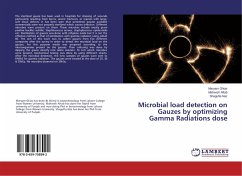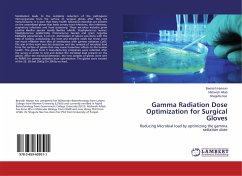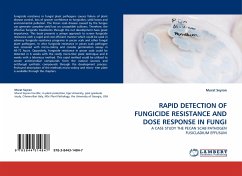The sterilized gauze has been used in hospitals for dressing of wounds particularly resulting from burns, severe fractures, or injuries with large, soft tissue defects. It has been seen that sometimes gauzes available commercially were not properly sterilized which causes infection. Different microbes were present on them. These microbes include mostly gram positive bacillus subtilis, Staphlococcus aureus, staphylococcus epidermidis etc. Sterilization of gauzes was done with ethylene oxide but it is not the effective method as that of sterilization with gamma radiation using cobalt 60. The aim of this work was to collect gauzes from five different companies after the survey in order to detect the microbial load on the gauzes. For this purpose media was prepared according to the microorganisms present on the gauzes. Then culturing was done by dipping the gauze directly into saline solution. To test which microbes were present, biochemical testing was done by using different strains. After the microbial detection, the new samples of gauzes were sent to PARAS for gamma radiation. The gauzes were treated at the dose of 25, 30 & 35kGy. No microbes observed on 35kGy.
Bitte wählen Sie Ihr Anliegen aus.
Rechnungen
Retourenschein anfordern
Bestellstatus
Storno








